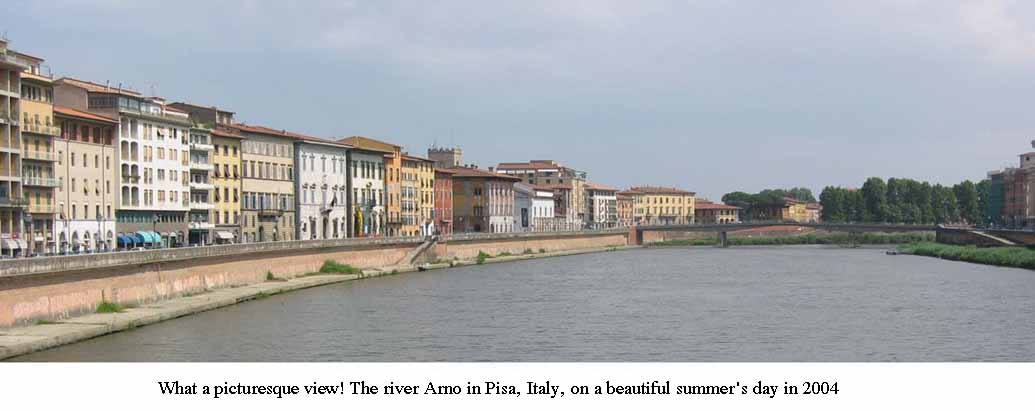The function of the rain in 'Sons + Lovers' - 'Sons + Lovers' (Teil 2)
Thus the rain announces itself in the 'steady' 'noise' of a 'sharp hiss'. The cluster of these words forms a semantic unit meant to express the acoustic side of the rain. The liquids in those words are predominantly unvoiced (cf. phonetics), they are hissing sounds apt to evoke s.th. unpleasant in one's ears and mind. Thus we have the unvoiced [s] in 'steady' and the voiceless [∫] in 'sharp'. The very 'sound effect device' contributes to presenting the rain here as something unfavourable, harsh, unpleasant, etc. The sound of the (falling) rain conveys to Paul – and in extension to the reader – the dark side of nature and life in general.
Significantly at that moment, Paul sinks into a state of melancholic oblivion. This image is resumed and reinforced by the use of alliteration in "His heart was down, very heavy." The mere use of assonance in this quotation helps to bring forth the threatening aspect of the rain. It is the dark vowels and diphthongs that enhance the purely denotative meaning of the quoted sentence into the wider dimension of this ubiquitous rain. The overtones and undercurrents of this rain permeate the whole passage so wonderfully finished off in "a sound of rain, everywhere" (p. 351, top).
As to the technique of colour in this passage, it is the mode in which the sky is delineated that re-emphasizes the forlornness of Paul (in his feelings). Along with the sky Paul's (mental) state of mind changes from "scarlet" through "crimson" to "darkness". The sight of nature, its outer appearance, mirrors Paul's inner state of mind, the mood he is in. The darker things get around him, the more his love and passion for Miriam (cf. "the passion went out of the sky" F the sky is personified!) decrease until darkness and death as such catch up on him.
Strikingly enough, 'tender' and 'beautiful' Paul, endowed with a 'tender heart' by the divine power of Heaven, is not sitting in Miriam's lap, but on the very ground of mother Earth, for which – respectively whom – in replacement for his natural mother – his real longings go.
Paul, in his exposure to nature, looks vulnerable and pitiable at the same time. The sheer geometry of the prepositions in this passage (artistically and deliberately picked and used by the author) gain up upon him and enthral him in the mysticism of mother Earth. (Cf. "The rain is coming in on us"; "Yes – it is coming on you?" – "fir-trees like presences [= splendid simile] on the darkness" – "Shall we go in among the trees?").
The sky in rain (i.e. shrouded and dipped in rain) is impending upon Paul like "death". And there is no alternative of an escape for him, which fact makes him (come off) so tragic. The rainy sky foreshadows the sinister open ending of the novel in a sense.
To add one last point I might be permitted to stress that Miriam fails to make love to Paul just when she is about to shelter him by reaching out her hand to feel whether the first raindrops 'have caught on him'. In other words, while she is prepared to pass her genuine love onto him in that tender-hearted gesture, he remains untouched: unaffected by her as well as by the rain. (Cf.: "He did not mind if the raindrops come on him."). Though Paul presumably gets soaked wet after a while, the rain doesn't touch him underneath (= It doesn't even go skin-deep.). Miriam's love doesn't go into him like – conversely – the rain goes into the earth and fertilizes it in a way so as to engender new life.
Neither Miriam nor the rain is able to lead/initiate/mature Paul into adulthood.
Paul Morel cannot be subjected to any transformations of himself. His inflexibility, i.e. his rigid attitude to 'females', dooms him to final despair.
A. Hans
Oxford, Exeter College, 9/Viii/93
Dr Valentine Cunningham's comment on this essay: "Punchy. Tight. Well put together.
Nighly aggressive analysis."
I was given the top grade of a 'very good' for this, which corresponds to a ‘straight A’ in the USA.
Taking into account that Dr. Cunningham used to be my tutor for three weeks at Exeter College in Oxford in the summer of 1993, a time, at which he was already renowned for his outstanding knowledge of the English language and English literature and the fact that three years later he became a titular professor of these subjects, I feel deeply honoured by his assessment. (My belated thanks to him.)

